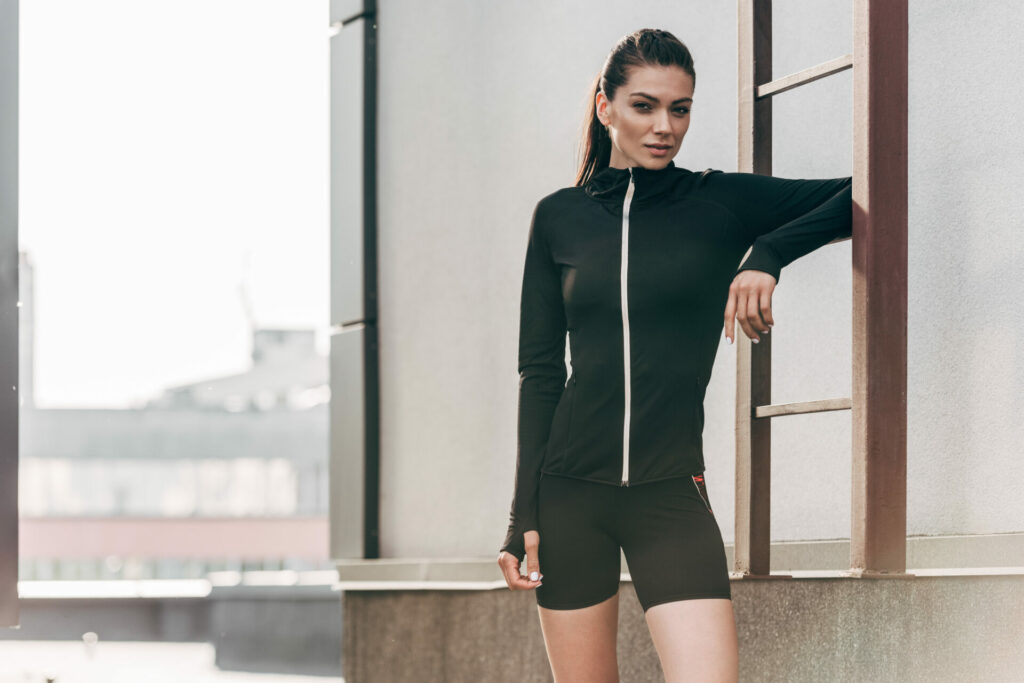Many Belgians are choosing to simply turn off their central heating this winter due to high energy prices. Instead, they intend to wrap-up warm with blankets, and increasingly, thermal clothing.
According to Belgian newspaper Gazet van Antwerpen, the sale of brands of insulating thermal clothing and undergarments is on the rise in stores across the county. Several clothing chains have indicated that the garments are in high demand.
“This is not only about underwear, but also T-shirts, trousers, and jumpers in that special fabric,” explained Aline Mourant, a spokesperson for Uniqlo.
By wearing thermal clothing at home, usually made from a material called thermolactyl, Belgians can afford to turn their heating down by a few degrees, potentially more than paying off the value of the garment in the long run.
“The special fibres in the fabric ensure that the heat produced by your body is not lost to the environment,” explains Johanna Louwagie, quality manager and head of technical trails at the Centre for Textile Technology at the University of Ghent.
It is not completely certain exactly how many degrees we can lower our heating while wearing thermals, it is largely dependent on our individual constitution, but the energy and heating savings are certain.
French company Damart, well-known for its sales of thermal clothing in Belgium, has repeated a massive increase in the sale of themolactyl clothing. The sale of “grade 4” rated insulation has increased sixfold, and “grade 5” (the highest level of insulation) has increased sevenfold.
“People are clearly taking precautions,” said Greet Punie from Damart. “From October, we will also bring a ready-to-wear collection in thermolactyl – dresses, jackets, pullovers… we expect a great success.”
This phenomenon extends beyond the high street. Online, the sale of thermal clothing has equally increased. “We are selling dozens of percent more compared to the same period last year,” online Dutch retailer Bol.com told Gazet van Antwerpen. Sports store Decathlon is also anticipating a run on its thermal products.
Related News
- Fast food chain closes at night due to high energy costs
- Half of Belgian construction companies forced to suspend projects
Simply doing away with central heating in favour of clothing is nothing unusual in other parts of Europe. In Portugal, which has one of the biggest fleece sales in the world, many homes have no heating whatsoever.
“There, many homes do not have central heating. To bridge the few cold weeks a year, people there buy fleece jumpers and blankets or thermal clothing en masse,” said Karel van Beveren, commercial director at Decathlon. The sports store increased sales of thermolactyl socks, underwear, fleece, and down.
To keep warm this winter, Louwagie recommends wrapping up around extremities which are likely to get cold. “You can still wrap your body well, if the extremities are cold, it will have a big impact on how you feel,” she advised.
With experts advising that turning the thermostat down just one degree can lead to an average saving of 120 for the average family, and a thermolactyl t-shirt costing just a fraction of this cost, the savings will undoubtedly be attractive to many families fearing for the winter months.

